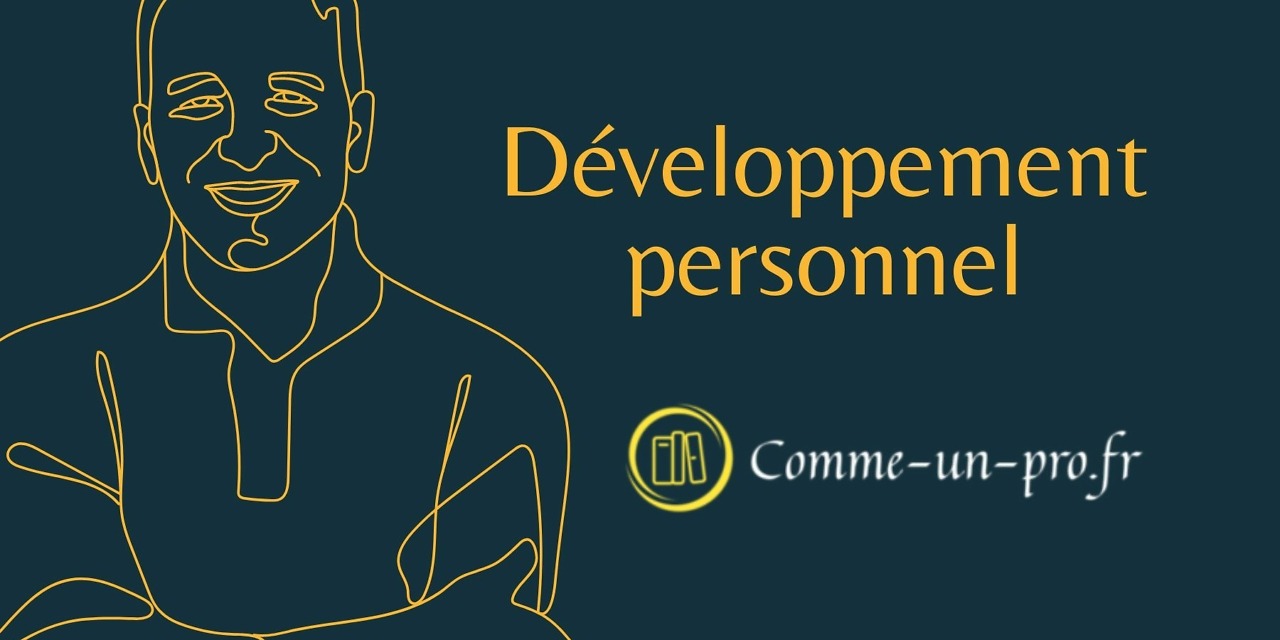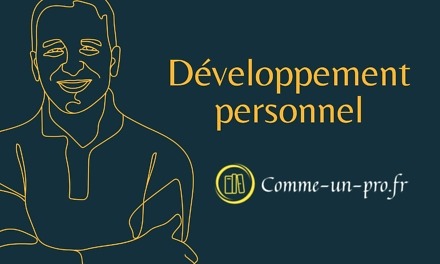Introduction to Kiyosaki's philosophy
“Rich Dad, Poor Dad” by Robert T. Kiyosaki is a must-read book for financial education. Kiyosaki presents two perspectives on money through two father figures: his own father, a highly educated but financially unstable man, and his best friend's father, a successful entrepreneur who never finished high school.
These are more than just anecdotes. Kiyosaki uses these two figures to illustrate diametrically opposed approaches to money. While his "poor" dad advised him to work hard to secure a stable job with benefits, his "rich" dad taught him that the real path to wealth was to create and invest in productive assets.
Key lessons from “Rich Dad, Poor Dad”
One of the fundamental lessons of this book is that traditional schools do not sufficiently prepare people to manage their finances. According to Kiyosaki, the majority of people have a limited understanding of fundamental financial concepts, which makes them vulnerable to economic difficulties.
Another key lesson is the importance of investment and asset creation. Instead of focusing on increasing income from his work, Kiyosaki stresses the importance of developing passive sources of income and investing in assets, like real estate and small businesses, that generate income. money even when you are not working.
Additionally, Kiyosaki stresses the importance of taking calculated risks. He acknowledges that investing involves risk, but he asserts that these risks can be mitigated with education and financial understanding.
Introduce the Kiyosaki philosophy into your professional life
Kiyosaki's philosophy has many practical implications for professional life. Instead of just working for money, he encourages learning to make money work for oneself. This may mean investing in your own training to increase your value in the job market, or learn how to invest your money more efficiently.
The idea of building assets rather than seeking stable wage income can also change the way you approach your career. Maybe instead of looking for a promotion, you could consider starting a side business or developing a skill that could become a source of passive income.
Calculated risk-taking is also essential. In a career, this may mean taking the initiative to come up with new ideas, changing jobs or industries, or pursuing a promotion or a pay rise.
Unleash your potential with “Rich Dad Poor Dad”
“Rich Dad, Poor Dad” offers a refreshing and thought-provoking perspective on managing money and building wealth. Kiyosaki's advice may seem counterintuitive to those who were brought up to believe that financial security comes from a steady job and a steady paycheck. However, with the proper financial education, his philosophy can open the door to greater financial freedom and security.
To deepen your understanding of this financial philosophy, we provide you with a video that presents the first chapters of the book “Rich Dad, Poor Dad”. Although this is not a substitute for reading the entire book, it is an excellent starting point for learning essential financial lessons from Robert Kiyosaki.


